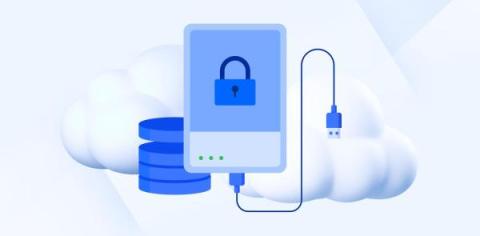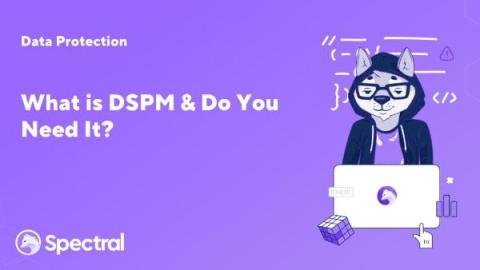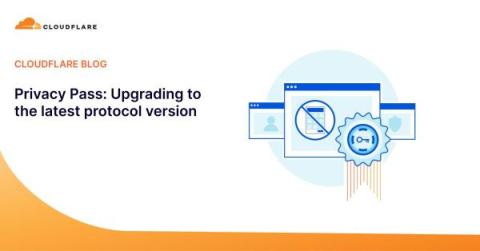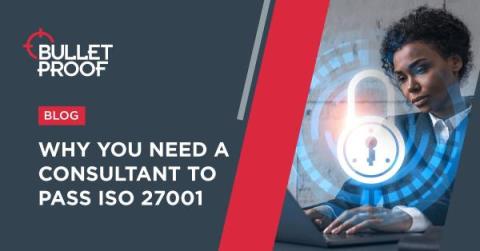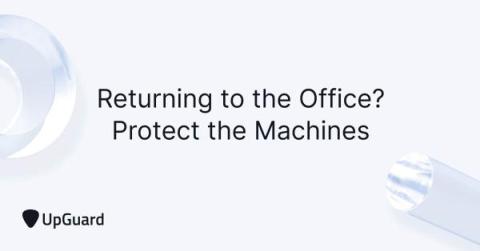Security | Threat Detection | Cyberattacks | DevSecOps | Compliance
Latest News
Guardian Goofs: Signs Your Developers Are Leaking Secrets
Welcome to 2024 and a new monthly feature here at GitGuardian, a comic strip called "Guardian Goofs." If you like it, please show it some love by hitting one of those "share" links below it. And check back on the first Thursday of each month for the newest "Goof." Share this article on Twitter, HackerNews, LinkedIn, or Reddit.
What is DSPM (Data Security Posture Management) & Do You Need It?
Knowledge is power. Power is money. In the context of information systems and applications, knowledge is ingested, processed, and used as data. Data theft or loss can be devastatingly costly to a business. Data is one of an organization’s most valuable assets, and must be secured and protected as such.
Privacy Pass: Upgrading to the latest protocol version
The challenge of telling humans and bots apart is almost as old as the web itself. From online ticket vendors to dating apps, to ecommerce and finance — there are many legitimate reasons why you'd want to know if it's a person or a machine knocking on the front door of your website. Unfortunately, the tools for the web have traditionally been clunky and sometimes involved a bad user experience.
Cryptocurrency wallet CEO loses $125,000 in wallet-draining scam
Anyone can get scammed. If you think you're somehow immune to being scammed, then, in my opinion, you're a prime target for being scammed. No one is too big, too clever, too security-savvy to avoid being duped because it's only human to make a mistake and screw up. And that certainly seems to be the case with Bill Lou.
Why you need a consultant to pass ISO 27001
Implementing ISO 27001, the international standard for information security management, is a complex process that requires expertise, experience and careful planning. This blog explores why using a consultant for ISO 27001 implementation is crucial to not just ensure certification, but also (and perhaps more importantly), to build an information security management system that is tailored to your business and its objectives. To make sure your certification is actually working for you.
Follow-On Extortion Campaign Targeting Victims of Akira and Royal Ransomware
DevSecOps practices to maintain developer velocity
What To Look For in an Open Source Vulnerability Scanner
One of the top security concerns we hear from technology leaders is about the security of open source software (OSS) and cloud software development. An open source vulnerability scanner (for scanning OSS) helps you discover risk in the third-party code you use. However, just because a solution scans open source does not mean you are ultimately reducing security risk with it.


